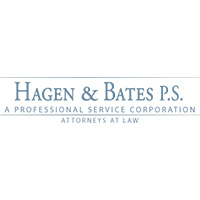Lebam White Collar Crime Lawyer, Washington
Sponsored Law Firm
-
 x
x

Click For More Info:
-
The Law Offices of Richard L. Cooper, P.A.
848 Brickell Avenue Suite 800 Miami, FL 33131» view mapDWI/DUI, Drug Trafficking, Felony Nationally Ranked Top 40 Under 40
With Richard L. Cooper you can expect a trusted confidant who will work diligently to fully understand your case and determine a road map to help you regain control of your life.
800-756-2781
Not enough matches for Lebam White Collar Crime lawyer.
Below are all Lebam Criminal lawyers.
Wayne D. Hagen
✓ VERIFIEDSince the firm was established in 1993, the skilled attorneys at Hagen & Bates P.S. have provided versatile, professional and effective solutions to a... (more)
Mark Stanley Brumbaugh
✓ VERIFIEDMr. Brumbaugh is the senior shareholder of Walstead Mertsching. He joined the firm in 1992 and has been a shareholder since 1996. He primarily repre... (more)
M. Preston White
✓ VERIFIEDPreston White is an attorney representing clients in criminal and family law cases in Olympia, Washington, and the surrounding counties. While serving... (more)
Jason Newcombe
✓ VERIFIEDFrom our offices in Seattle and throughout the state of Washington, we help families solve difficult legal problems and move on with their lives. ... (more)

 Richard L. Cooper Miami, FL
Richard L. Cooper Miami, FL AboutMiami Attorney at Law
AboutMiami Attorney at Law ServicesCriminal Defense
ServicesCriminal Defense




